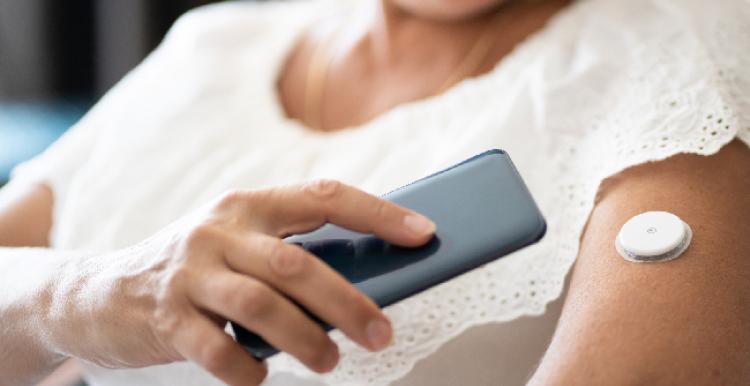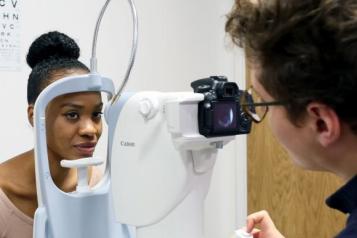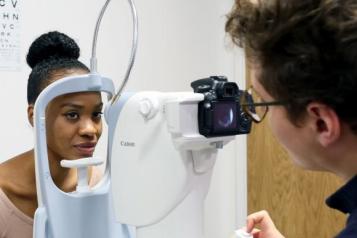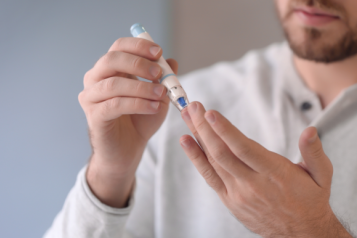New nice guidelines recommend wider access to flash and cgm

These new guidelines represent a shift towards a better understanding of technology as an integral part of diabetes management, rather than an added luxury.
Diabetes UK have been campaigning for better access to these technologies for many years and has been actively involved in responding to NICE’s consultation on this guideline update. They’re thrilled that their response to their consultation and their wider work pushing for better access to Flash and CGM has been heard - including via their more recent Diabetes is Serious and Cheque for Tech campaigns.
The new guidelines recommend that:
- all adults with type 1 diabetes should have access to either Flash or CGM
- all children with type 1 diabetes should have access to CGM and that
- some people with type 2 diabetes who use insulin intensive therapy (2 or more injections a day) should have access to Flash, for example if they experience recurrent or severe hypos, if they have a disability that means they cannot finger-prick test or if they would otherwise be advised to test 8 or more times a day.
Diabetes UK are also pleased to see the new guidelines recommending that the health system addresses the inequalities in Flash and CGM access that already exist – something they called for them to do in our response to the consultation on these guidelines.
While NICE only provides recommendations for the NHS in England and Wales, Diabetes UK think that the health service across the UK should adopt these tech recommendations as the minimum standard.
See detail on what these tech recommendations and other guidelines are from across the UK.
So, what happens now?
Diabetes UK know that many of you will understandably be keen to get access to Flash or CGM as soon as possible considering these new guidelines and they suggest that you speak to your diabetes team about this at your next appointment.
It’s important to note that these guidelines have only been published on the 30th March 2022, meaning local areas will need some time to put them into practice.
Diabetes UK will of course be working to ensure this happens. Not least by continuing to press the Government to prioritise diabetes care as the NHS tries to recover from the enormous impact of the coronavirus pandemic.
Diabetes UK will also monitor what’s happening, so they can make sure they’re helping you to navigate this change and that they’re supporting the NHS to get this right as well as they can.
Let them know how you get on
After your next appointment with your diabetes healthcare team if you asked about access to Flash or CGM they’d like to know how the conversation went. Please fill in this form to tell Diabetes UK about your experience trying to access Flash or CGM after your next diabetes appointment.
There is still work to do, but today at Diabetes UK, they are celebrating a clear step towards many more people living with all types of diabetes having access to the technologies that can help them live happier and healthier lives with the condition. You can also stay in the loop about this campaigning and other related issues here. Finally, you can learn more about diabetes technology and criteria for accessing it here.
NICE guidelines for adults with type 1 diabetes
NICE guidelines for for children with type 1 diabetes
NICE guidelines on people with type 2 diabetes


